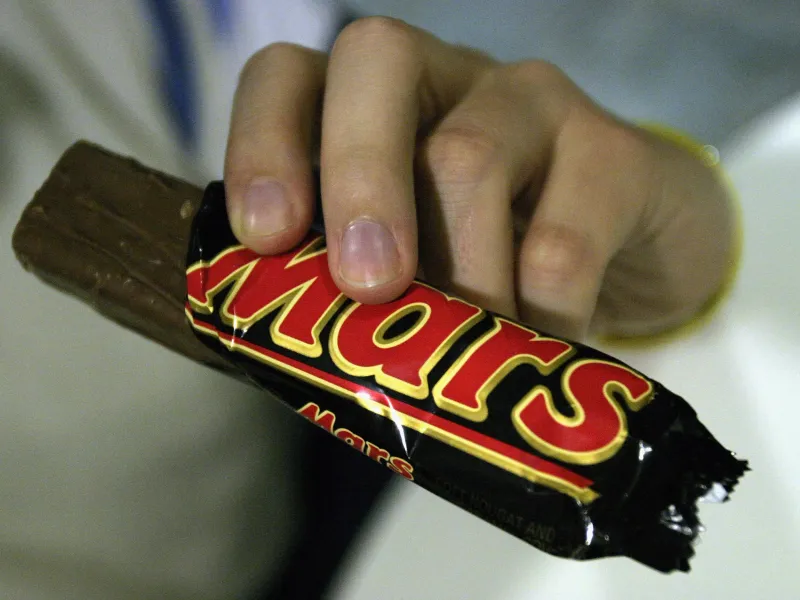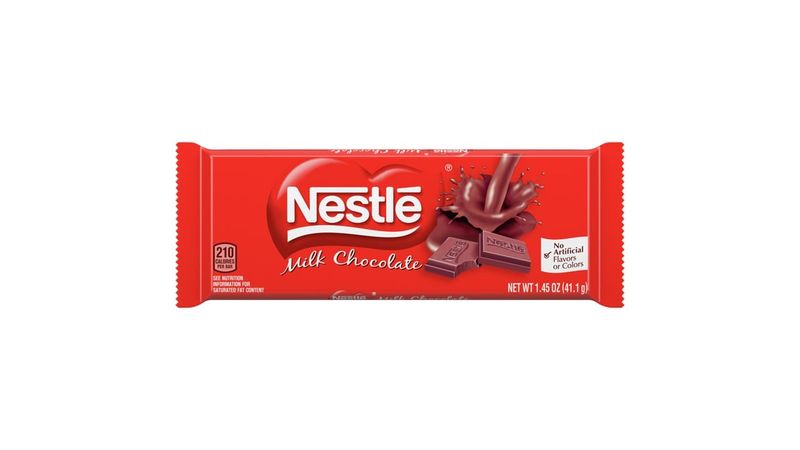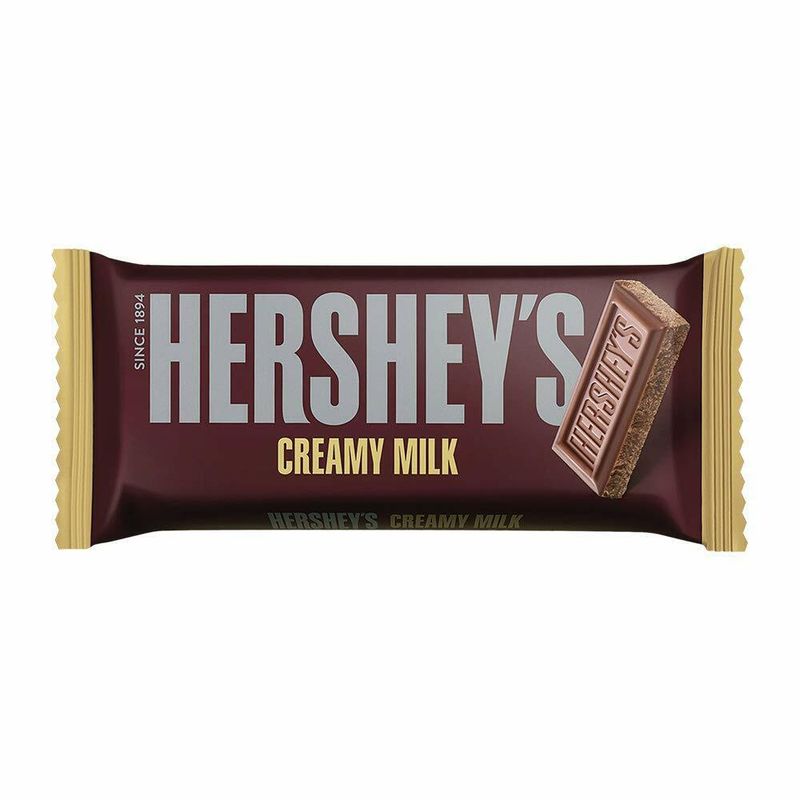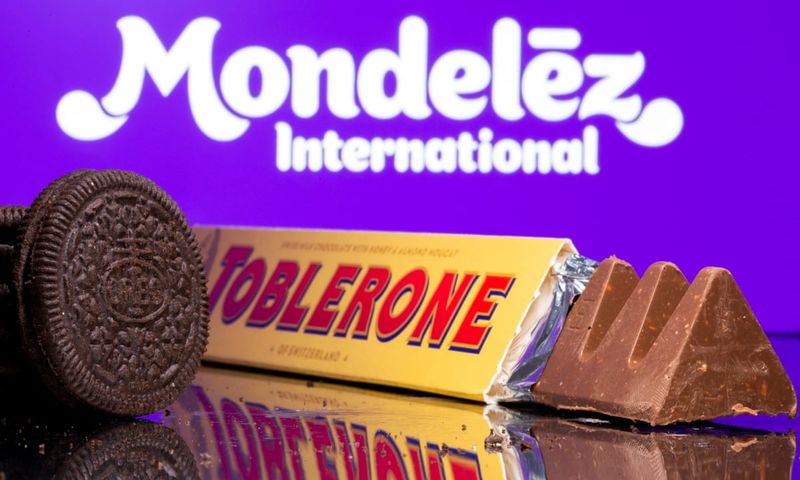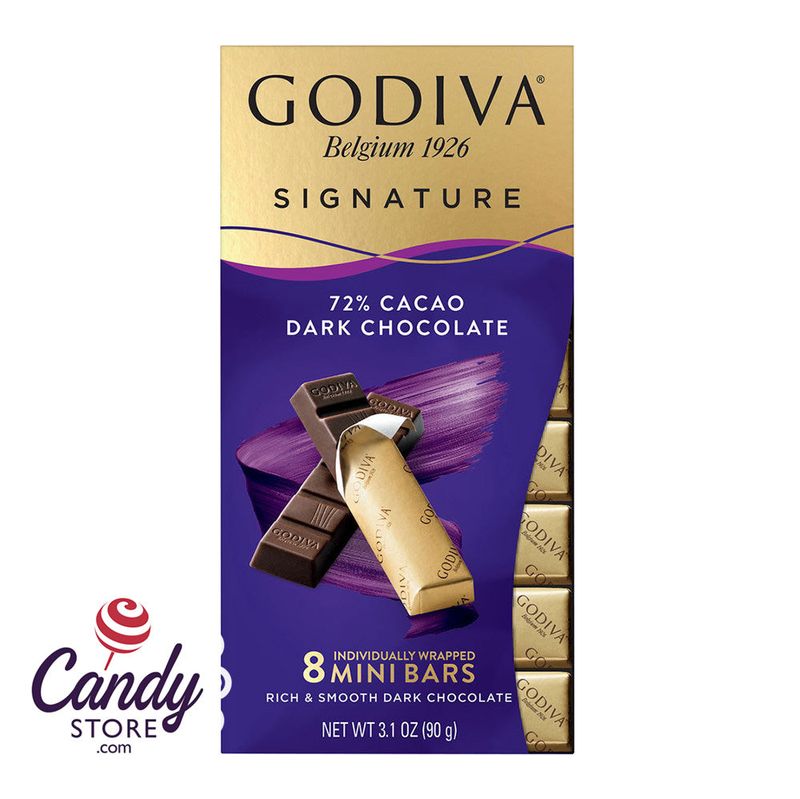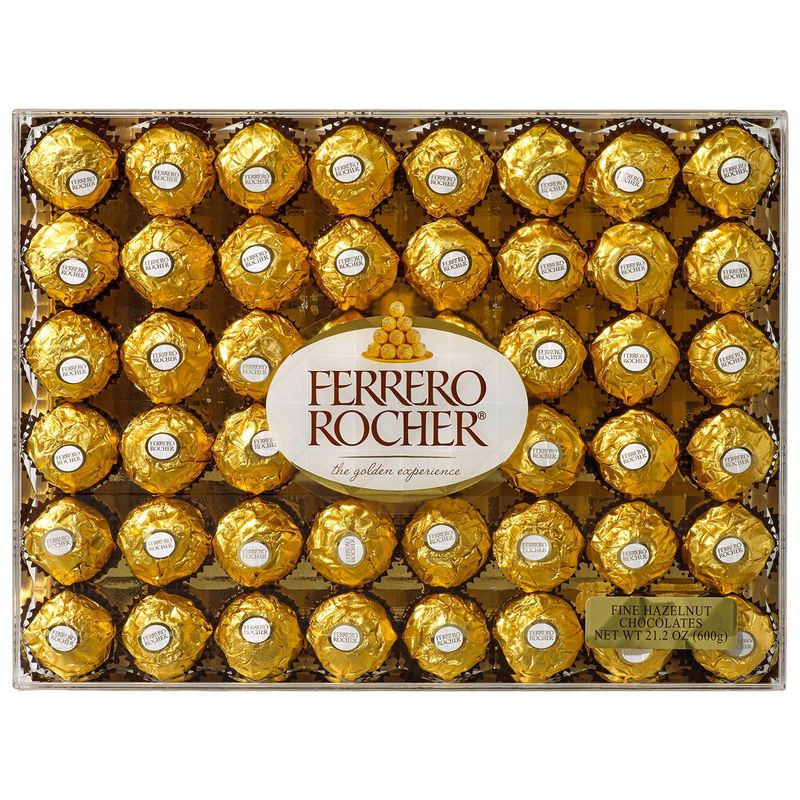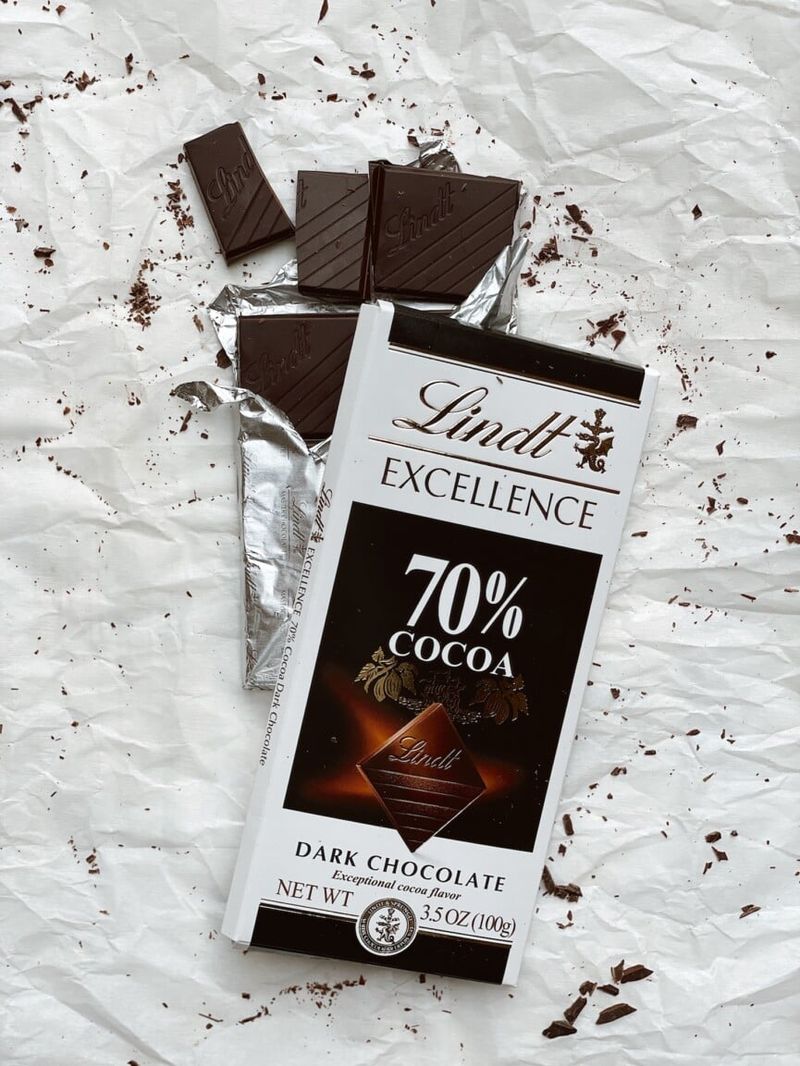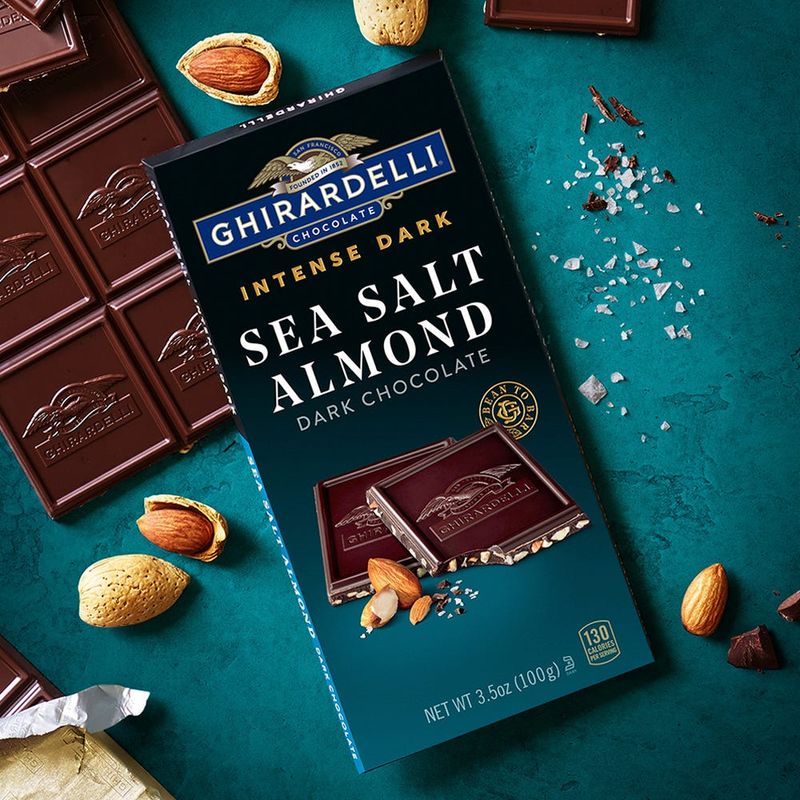In today’s world of endless chocolate indulgence, not all that glitters is gold. While some chocolate brands tantalize our taste buds with rich flavors and ethical sourcing, others disappoint in quality, ethics, or health aspects.
Here, we offer a detailed look into 9 chocolate brands that you might want to reconsider before your next purchase.
This guide aims to shed light on reasons ranging from poor ingredient quality to unethical practices, helping you make informed decisions in your chocolate consumption.
1. Mars
MARS is a globally recognized chocolate brand known for its Mars bars and other sugary treats. While the taste may be appealing to many, there are concerns about the high sugar content and artificial additives used in their products.
Some consumers have also raised issues regarding the ethical sourcing of cocoa, as MARS has faced criticism over child labor practices in its supply chain.
Additionally, the brand’s environmental impact due to packaging and manufacturing processes cannot be overlooked. It’s worth considering these factors when reaching for a Mars bar.
2. Nestlé
Nestle, a household name, offers a wide range of chocolate products. However, the brand has been under scrutiny for various reasons.
There have been ongoing concerns about Nestle’s involvement in unethical sourcing, particularly related to child labor in cocoa farms.
Moreover, their aggressive marketing tactics and environmental practices have also been criticized. While Nestle chocolates might be tempting, it’s crucial to consider the broader implications of supporting this brand.
3. Hershey
Hershey’s, known for its iconic bars and kisses, has been a staple in many households. Despite its popularity, Hershey’s has faced backlash over its cocoa sourcing practices.
Reports indicate that the company is not entirely transparent about its supply chain, raising ethical concerns.
Furthermore, their products often contain high levels of sugar and artificial ingredients, which may not be the healthiest choice for regular consumption.
4. Mondelēz
Mondelez, the giant behind brands like Cadbury, has been criticized for its high sugar content in chocolates. Many of their products are laden with sugars and artificial flavors, making them less desirable for health-conscious consumers.
Additionally, there are concerns about the brand’s environmental footprint and its cocoa sourcing policies.
These factors make Mondelez a brand that some might choose to avoid, opting for healthier and more ethically responsible options.
5. Godiva
Godiva is synonymous with luxury chocolate, but not all that glitters is gold. While their packaging is elegant, there are hidden concerns about the brand’s sourcing practices.
Godiva has faced accusations over its lack of transparency in cocoa procurement, which might involve unethical labor practices.
For those who value both luxury and ethics, it’s essential to weigh these aspects before indulging in Godiva chocolates.
6. Ferrero
Ferrero, the maker of Ferrero Rocher, is loved for its unique texture and taste. Nevertheless, the brand has been criticized for its environmental impact due to palm oil usage.
The demand for palm oil has led to deforestation, impacting biodiversity and local communities.
Moreover, there are ongoing debates about the company’s labor practices in its supply chain. These issues might make some rethink supporting Ferrero products.
7. Lindt
Lindt, known for its creamy texture, has its share of controversies. The brand has been questioned about its sustainability initiatives concerning cocoa sourcing.
While Lindt promotes sustainable practices, there is skepticism about the effectiveness and transparency of these efforts.
For consumers who prioritize environmental responsibility, these factors might be worth considering before purchasing Lindt chocolates.
8. R.M. Palmer
R.M. Palmer is known for its whimsical, holiday-themed chocolates. However, the quality and taste often fall short of expectations.
The brand is criticized for using low-quality ingredients, resulting in a less satisfying chocolate experience.
Additionally, R.M. Palmer’s mass production approach raises questions about the care and quality control in their manufacturing process. These are factors to ponder when selecting chocolates for special occasions.
9. Ghirardelli
Ghirardelli, a premium chocolate brand, has faced criticism over its ingredient quality. While marketed as high-end, some products contain artificial flavors and preservatives.
This detracts from the authentic chocolate experience that discerning consumers seek.
Moreover, there are concerns about the brand’s transparency in sourcing and environmental impact, prompting some to choose other premium alternatives.

